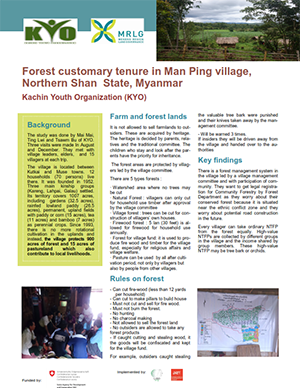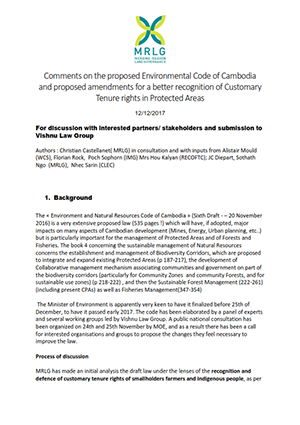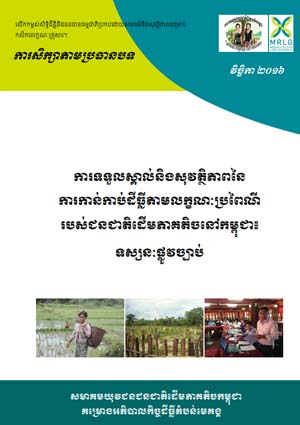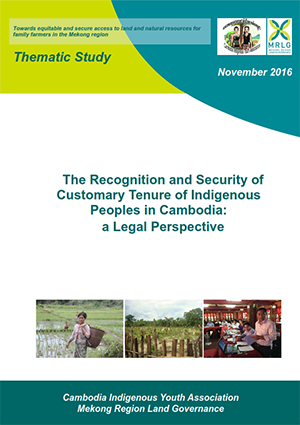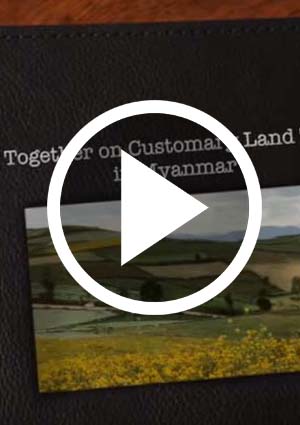Smallholders and land tenure in Ghana: Aligning context, empirics, and policy
For decades, policymakers and development practitioners have debated benefits and threats of property rights formalization and private versus customary tenure systems. This paper provides insights into the challenges in understanding and empirically analyzing the relationship between tenure systems and agricultural investment, and formulates policy advice that can support land tenure interventions. We focus on Ghana, based on extensive qualitative fieldwork and a review of empirical research and policy documents.




